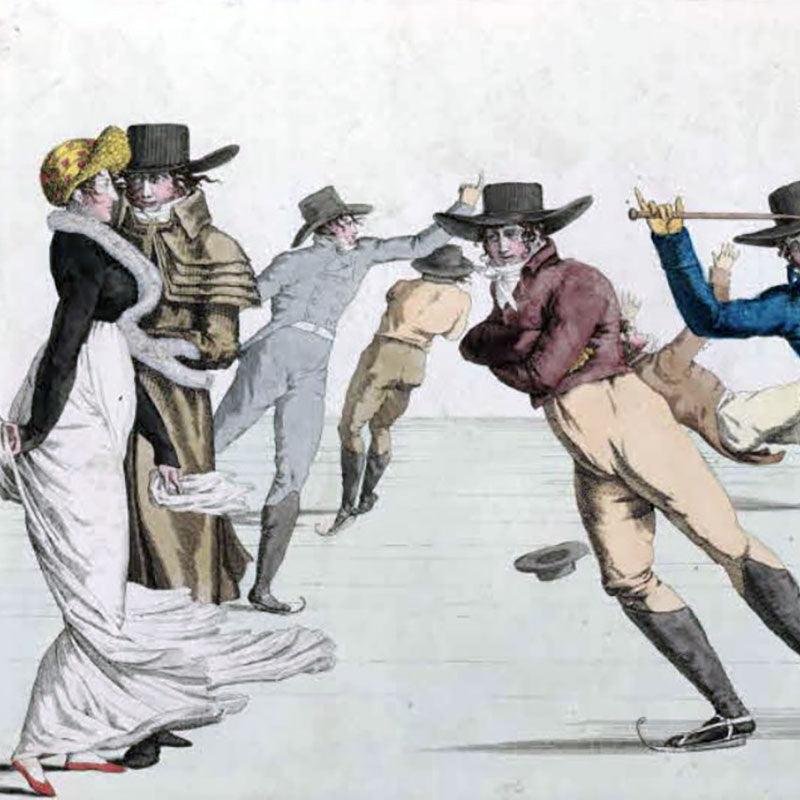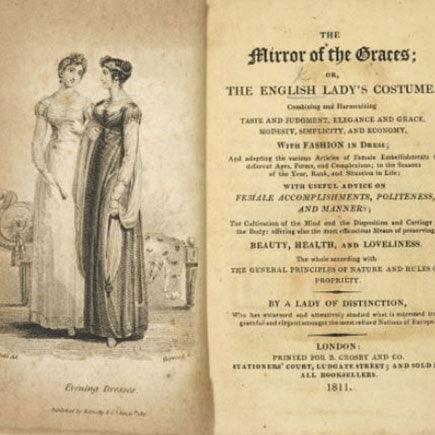The Origins Of Boxing Day

Robert Seymour, Boxing Day (1836)
There are several different theories around the etymology of Boxing Day, although it is most generally accepted that the name comes from the tradition in Britain of giving boxed gifts to the poor around the festive period. Traditionally, servants and errand boys would be serving their patrons on the 25th, so they would be given the 26th off in order to visit their own family and friends. They would be given boxes with gifts inside to take home with them, as a sort of bonus for their hard work. You can watch a dramatization of this tradition in Downton Abbey, when Lord and Lady Grantham give gifts to their servants.
In the seventeenth century, the term 'Christmas Box' was defined as "a present or gratuity given at Christmas", intended for "those who are supposed to have a vague claim upon the donor for services rendered to him as one of the general public by whom they are employed and paid". Samuel Pepys, in his diary entry for the 19th of December 1663, records having "gave something to the boys’ box against Christmas".
It is thought the term may also relate to the church, who collected money throughout the year in the form of a donation box, and then distributed what they had raised to the poor on the 26th. The day became a public bank holiday in England, Ireland and Wales in 1871. It has been observed since, with New Years Day being added as a festive bank holiday in 1974. In the eighteenth century, the aristocracy particularly liked to spend their Boxing Day fox hunting, although this has mostly stopped since being banned in the United Kingdom.
Today, we are more likely to associate Boxing Day with shopping, sales and generally consuming. Lots of people still like to spend the day with relatives, using up all the Christmas Day leftovers. Some like to watch sport, whilst others take advantage of the opportunity to get cosy in front of the television with a feel good movie. Do let us know if you or your relatives happen to have your very own traditions for the 26th!
Why not take a look at our collection of Jane Austen Books so you have something new to read over the upcoming bank holidays. Equally, you might like to spend the days watching all your favourite screen adaptations of Jane's novels, if so why not take a look at our BBC Radio Drama Collection in our Boxing Day Offers!

If you don't want to miss a beat when it comes to Jane Austen, make sure you are signed up to the Jane Austen newsletter for exclusive updates and discounts from our Online Gift Shop.



2 comments
In Iceland Boxing Day is a Holiday, not quite as holy as Christmas Day, but almost, so the shops are closed, mostly. It is called The Second Day of Christmas (“Annar í jólum” in Icelandic.) Both Christmas Day and Second Day of Christmas are days for visiting friends and relations who give Christmas parties, only Covid19 has put a stop to that these last two Christmases.
Anonymous
Thanks! I’ve seen boxing day on the calendar and wondered what it stood for.
Jeri M Paul
Leave a comment
This site is protected by hCaptcha and the hCaptcha Privacy Policy and Terms of Service apply.